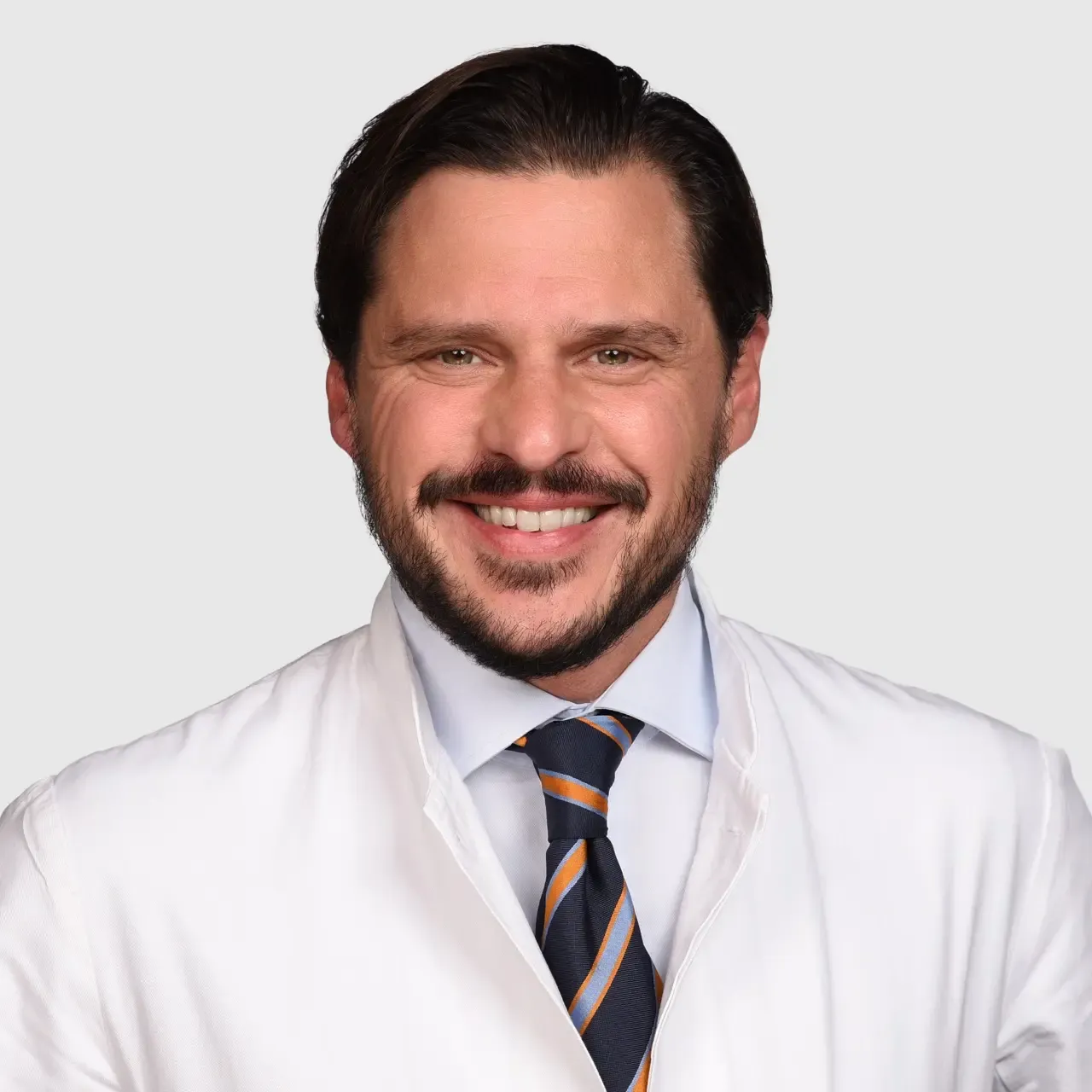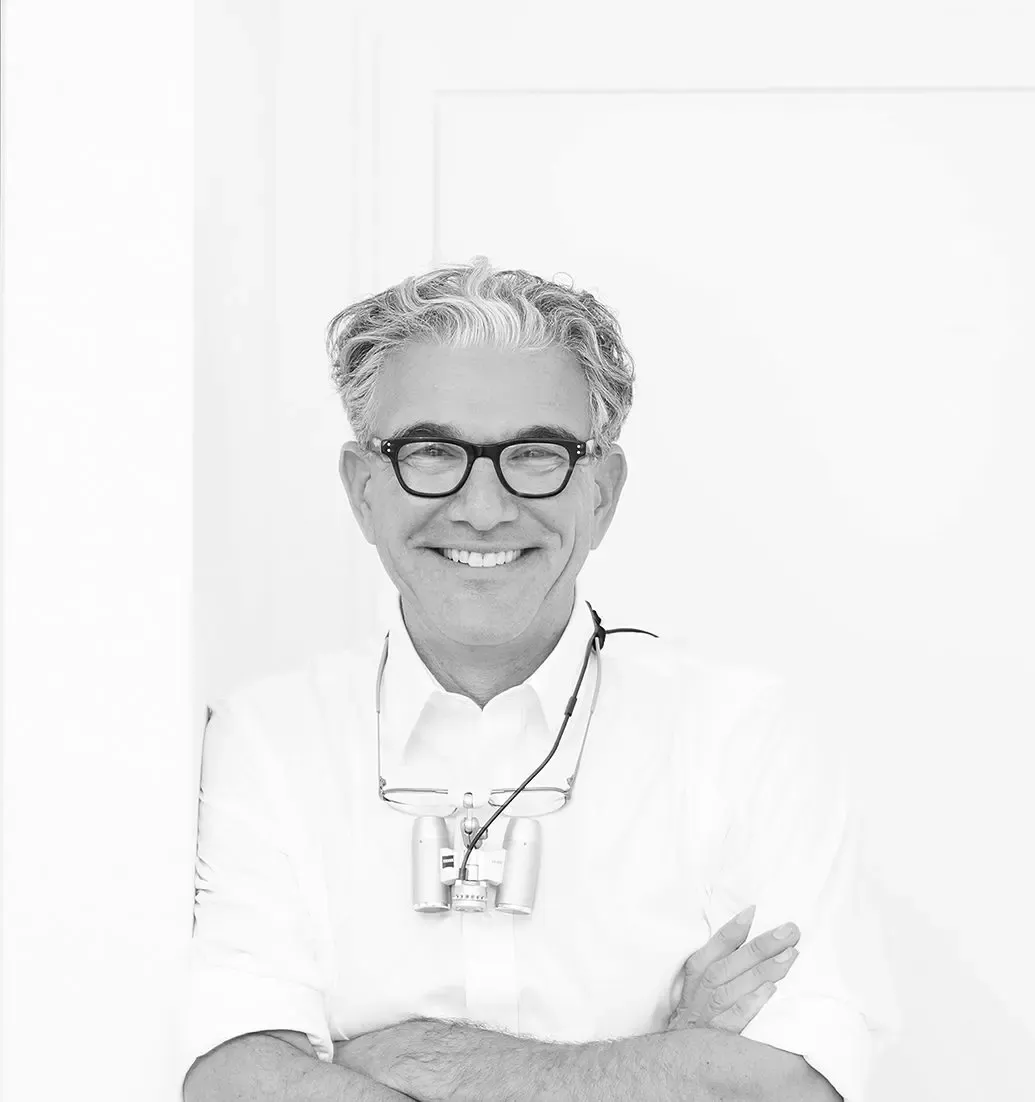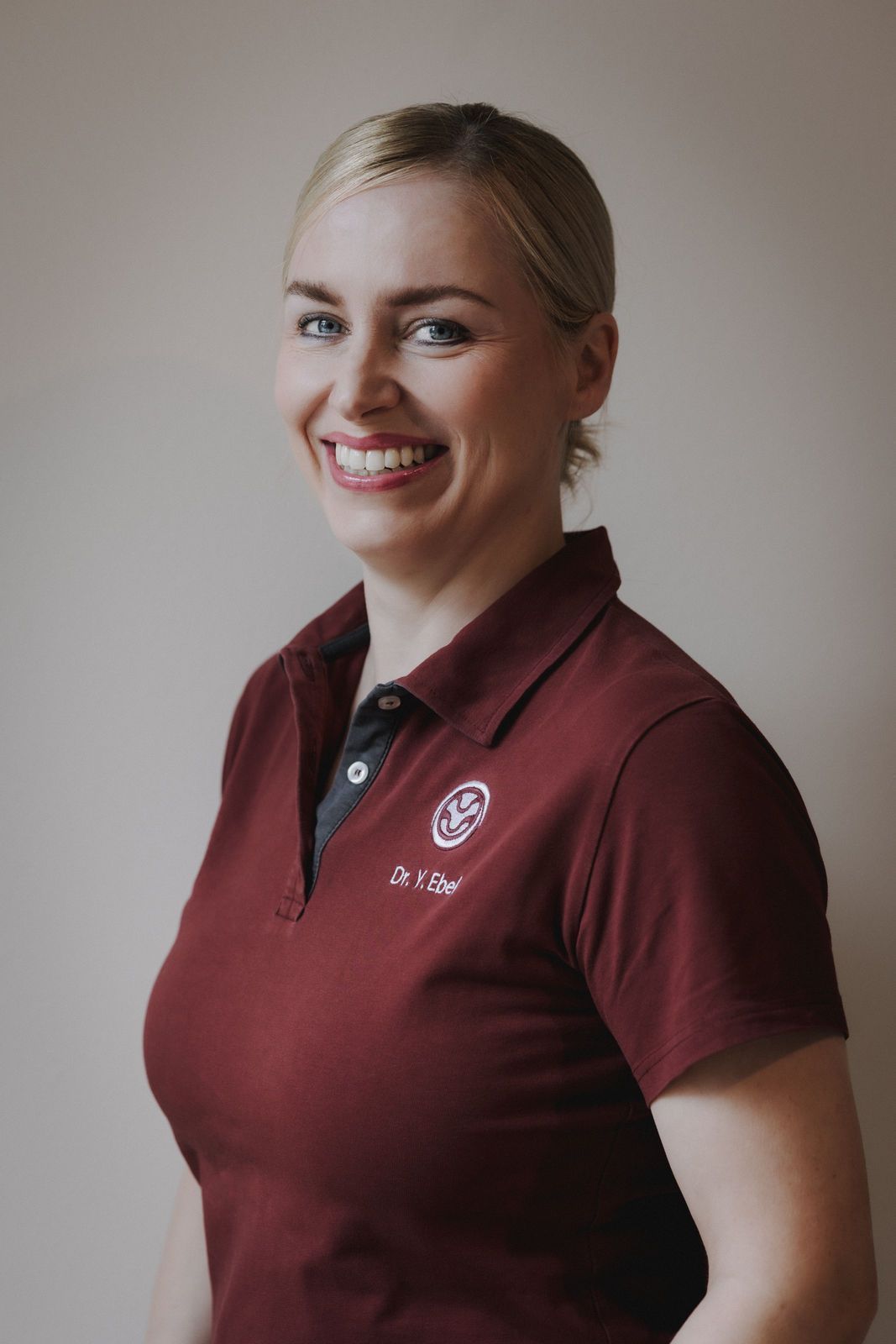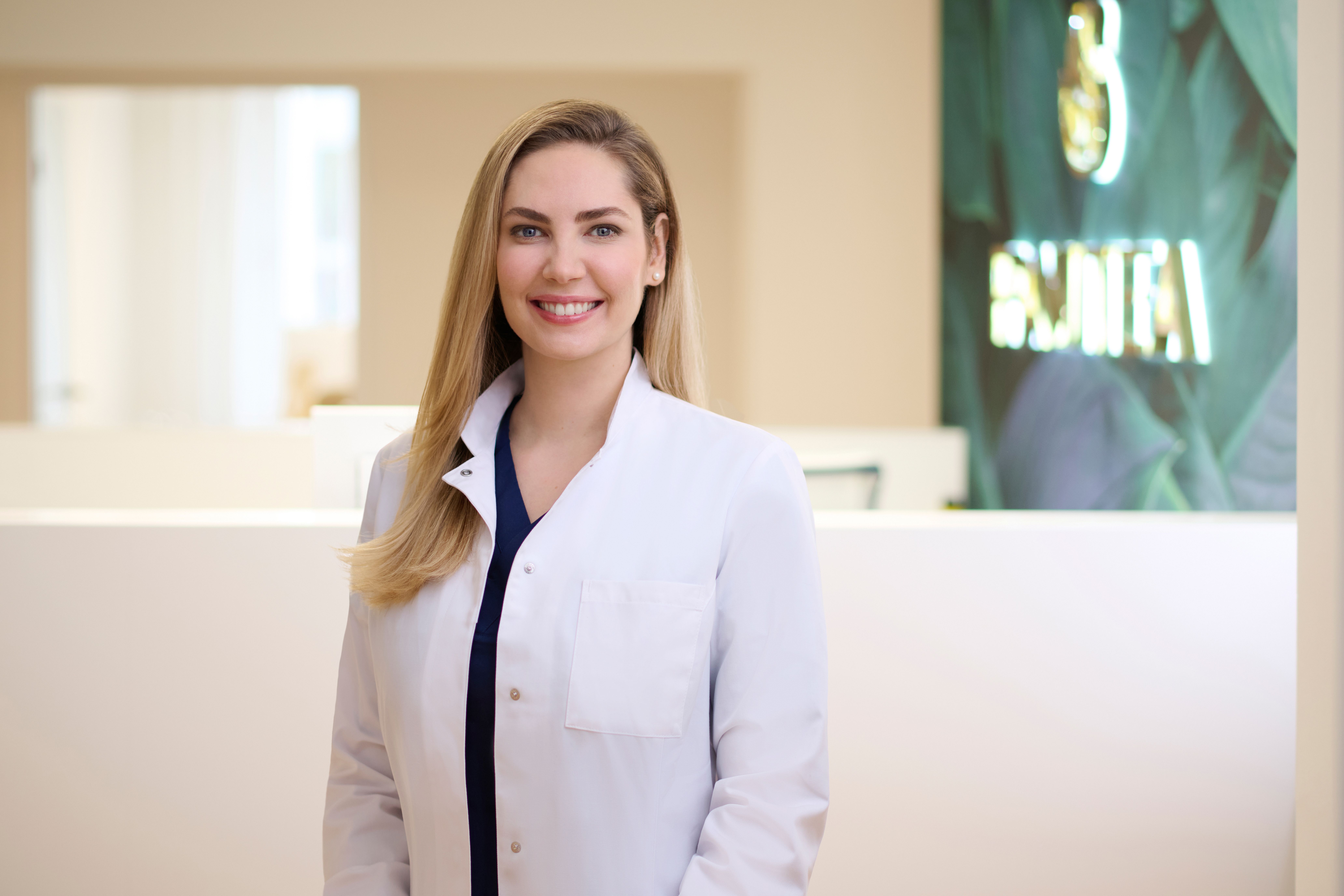Imagine you are 85 years old. You stand on a mountain peak, take a deep breath of the clear air, and feel awake, strong, and alive.
Aging does not necessarily mean a loss of quality of life – on the contrary: The desire to experience the last years of life consciously, healthily, and fulfilled is more achievable today than ever before. Precision medicine makes it possible: tailored health strategies based on your individual biology. Precision medicine is fundamentally changing how we understand health and aging – away from mere life extension, towards more meaning, vitality, and joy of life.
From symptom control to individualized health management
Traditional medicine has followed a simple scheme for centuries: wait for symptoms to appear, diagnose, treat. For optimal health in old age, this is comparable to a navigation system that only responds when you have already turned into oncoming traffic on the highway.
You don't have to have worked in palliative medicine like I have, to understand the following: When patients present with type 2 diabetes, chronic cardiovascular diseases, or neurodegenerative problems, important biological processes have often been derailed for decades - long before the first noticeable symptoms appear.
The average man spends the last almost ten years of his life with severe – and preventable – chronic diseases. For the average woman, it is even twelve years. This is the sobering result of an observational study from the year 2024.
However, a meta-analysis in the Journal of Personalized Medicine (2023) with data from over 12,000 patients shows that precision medical approaches reduce hospital stays by 37% and improve healthy life expectancy by an average of 8.3 years compared to conventional treatment methods.
So there is hope. Because health alone is not the end goal. What we really seek are more years full of energy, joy, and meaningfulness. And that's exactly what the next step is about - a new understanding of healthy aging.

















